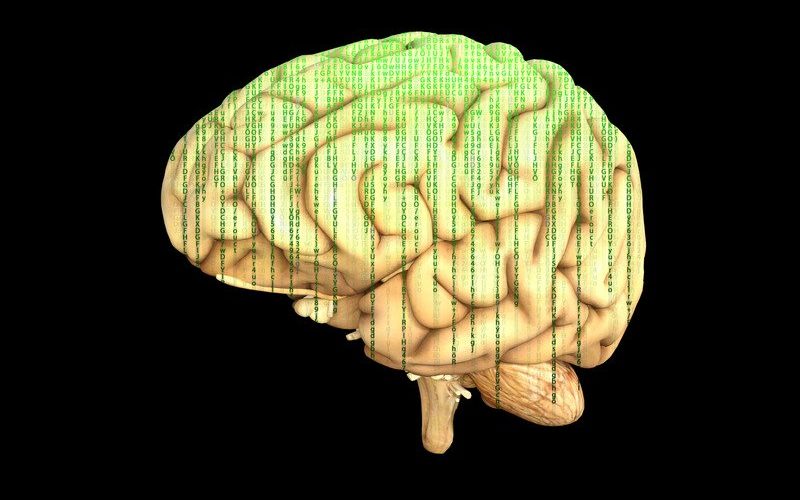Blog
Emotional Intelligence
- February 21, 2019
- Posted by: Rachel Quattrin
- Category: Mental Health Teen Tween

When people ask if you are smart, do you think about the grades you get in school or do you think about the great friends you have made there? What does “being smart” mean to you? There are different kinds of intelligence and each serve their own purpose. Emotional intelligence can be defined as the ability to identify and manage your emotions.
So, what makes someone emotionally intelligent? Someone who has emotional intelligence has three important skills:
1. The ability to identify their emotions
2. The ability to use their emotions to think and problem solve
3. The ability to manage their emotions
Being able to regulate and control your own emotions is an important part of being human. Having emotional intelligence can help you manage stress, communicate with others, and understand the emotions others have. If a friend from school tells you that their family member is in the hospital, you may understand that they will be upset. Being able to tell when your friend is sad, angry, or happy is part of being emotionally intelligent.
Your emotional intelligence can affect many things in your life. Here are just a few of the things emotional intelligence affect:
- How well you do at school or work
- Your physical health
- Your mental health
- Your relationships
- Your social intelligence
Developing healthy relationships with those at your school or at the office often increases your success at school and work. If you are unable to get along with someone you come in contact with on a regular basis your mind will be focused on your conflict rather than the activity. Emotional intelligence can affect your physical health as well. If you are unable to manage stress in your life you may be more likely to have heart problems and other illnesses. In addition, your mental health can be affected by emotional intelligence, too. Having low emotional intelligence may lead to you having problems keeping relationships with friends and family members. You may be more prone to getting into arguments with friends and family members if you can’t manage your emotions or are unable to determine what emotions they experience. Having fewer healthy relationships can also make you feel lonely and depressed.
Social intelligence is about being able to tell who is a friend and who isn’t. Being able to determine someone’s interest in you, what you are saying, or what are you doing can help avoid conflict and lead to greater understanding. People are communicating all the time — through body language, speaking, and writing, but can you understand what they are saying?
There is no true test for emotional intelligence and no class will require you to have it. However, emotional intelligence is a very important skill to obtain. Unlike rational intelligence, we aren’t taught emotional intelligence in school. So what ways can we improve our own emotional intelligence?
Managing your emotions
Being able to manage our own emotions and stress is a major part of emotional intelligence. When you become upset, whether it be from school stress or a fight with a friend, your ability to make smart decisions becomes clouded. It may be harder for you to control your actions and thoughts. Learning to control your emotions so you can make the right decision in very emotional times is key to emotional intelligence.
Being comfortable with your emotions
It’s important to understand that everyone experiences emotions and that they experience them differently. Emotions are a part of who we are and it is important we are comfortable with them. Being able to identify what emotion you are feeling helps you deal with that emotion and increases your emotional intelligence. Do you feel sick to your stomach when you hear bad news? Do you smile and laugh when you are happy? Sometimes identifying your emotions is as simple as a feeling.
Knowing what others are feeling
Just like you, everyone else experiences emotions too. They can have similar physical hints such as smiling or laughing, or they can express them differently. It’s important to practice reading facial expressions and body language of others and use this information to react to their emotions. This can help make your relationships with friends and family members stronger and more successful.
Practicing your emotional intelligence every day can help you build stronger relationships with people you care about. Learning to identify and understand your emotions and the emotions of those around you can help in countless ways. Try pairing your emotional intelligence with your rational intelligence and see where it leads you!

My name is Jordyn and I am a Lead Student Ambassador for High Sierra AHEC. I am currently majoring in Biology at UNR with minors in Chemistry and Creative Writing. In the future, I hope to attend medical school so I can become a primary care doctor in rural areas of Nevada.
Resources:
- https://www.psychologytoday.com/us/basics/emotional-intelligence
- https://www.helpguide.org/articles/mental-health/emotional-intelligence-eq.htm
- https://psychcentral.com/lib/the-language-of-emotional-intelligence//

